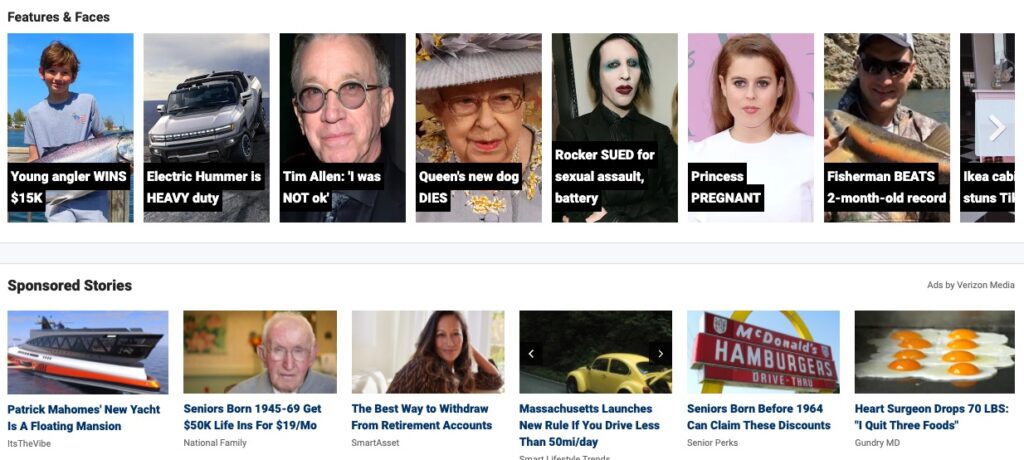Online advertising is the fulcrum

Online advertising — and what happens next with it — will determine the future of just about everything.
In 1995, I made the audacious prediction that online ads, a market I estimated at no more than $10 million, would grow to $2 billion by 2000. People were skeptical. And sure enough, I was wrong. I guessed low. It was more like $4 billion.
Twenty years later, the online ad market is on track to reach a trillion dollars globally by 2026 or so. In the US, digital advertising spending already exceeds traditional advertising.
Here’s why online ads are the fulcrum of the future.
- Ads make free media and utilities possible. No online ads, no free Facebook, no free weather forecasts, no free Google, no Fox News, no online economy. Every new business model is “give it away for free, then sell ads against it.”
- Without ads, there’s no market for data. Ads are why we’re fighting over who owns our data. The only purpose of the data collection is to market to us.
- Ads fuel political manipulation. There is a massive market for self-serving or manipulative opinions and outright falsehood. Outrage and conflict attract attention. That matters only because online ads can monetize that attention.
- Ads have separated from media. That’s why you see the same ads on multiple sites. That includes all sorts of crap advertising — ads for stuff you already bought, and ads about fast ways to lose weight or which celebrity is going broke — which lead to sites full of lots more crappy ads.
- Clutter is destroying our experience. Think about it. Digital is at the heart of nearly every experience (what do you do that doesn’t include your mobile phone?). And ad clutter pervades it. It’s the constant background noise of our lives. It’s like living next to a barking dog every moment of the day.
My point is not that online ads are evil. Much of what’s useful in our lives is possible based on online ads. And marketers have a right to make us aware of their products. If we were to magically shut down all digital advertising, we’d be far worse off.
But the the digital marketing channel is now fouled with unavoidable filth.
It’s hard to know what to do about it. But I’m concerned that if we don’t do anything, we’ll slowly slide into a puddle inaction and frustration.
If you think the best choice is to do nothing, what do you think will happen next?
One word: regulation.
In a functioning society, we have no choice but to limit people’s freedom to cause harm. If we didn’t, society would stop functioning. Advertising, the way it is now, is harmful, and that harm needs to be reduced.
Advertising is an arms race. It is the consequence of unregulated competition. So, it needs to be regulated. It doesn’t matter how much it costs. We can tax corporations for the right to show advertising. Seems only fair, if they want to impose a cost on us, that we turn it around, and impose a cost on them.
The Internet is too much like the USA, which is under-regulated, and exposes too many of its citizens to too many harms. The trend is to leave corporations and other bad actors to their own devices, or to let them hide under various misinterpretations of the US constitution, thanks to a broken judiciary, which, thanks to DT, got a lot worse, and will be a problem for years to come.
US society—and various countries which follow its lead, like the UK, and Canada (where I am)—has decided that people are not equal, do not deserve to be treated equitably, and should expect life to be a hostile and perilous experience, where you’re mostly on your own, and can’t trust or rely on other people, outside of a tiny group of friends, family, and tribal associates.
“Dog eat dog” is the preferred modus operandi of the USA, or at least the people in charge, and those who are subordinate and subservient to them.
Maybe if there is a way to improve advertising first, it would actually help change society and culture at large. It might not be the best place, but then again, it might be the perfect microcosm.
But as long as corporations are treated as people with the right to unlimited free speech, regardless of the implicit and secondary harms that imposes on society and well-intentioned people, it isn’t going to get better. You have to overturn People’s United. That was a key turning point.